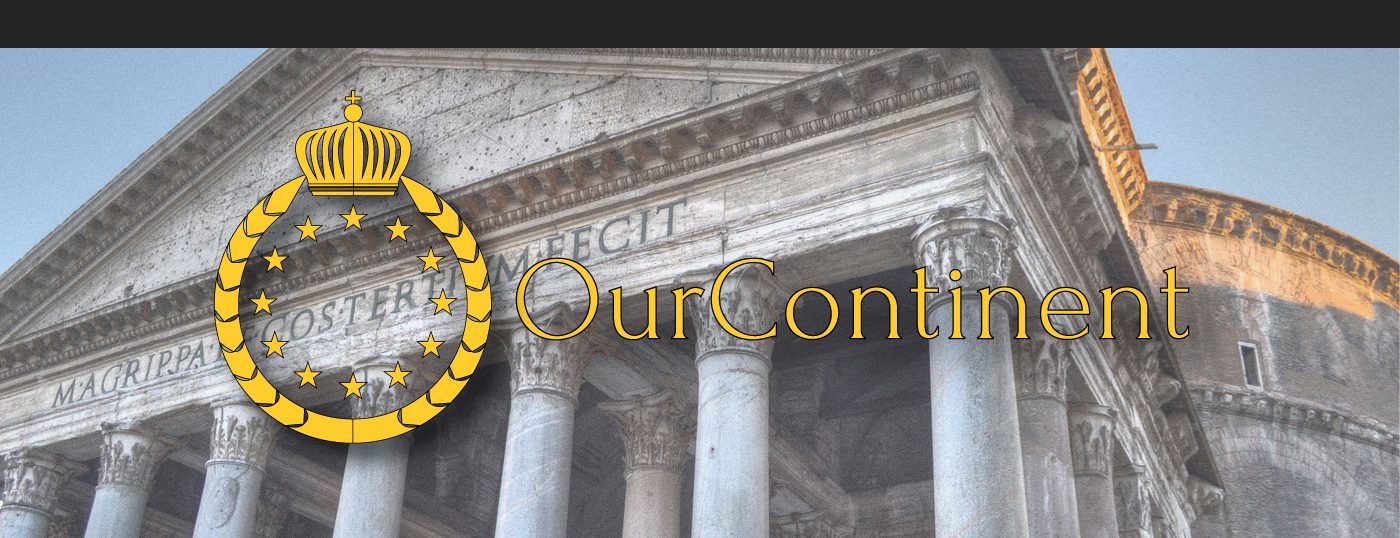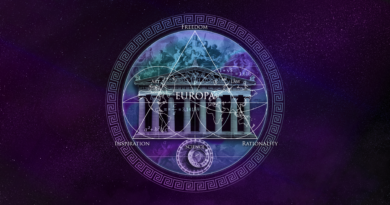Enlightenment Values: Ideas that shape our Civilization
Central to our idea of pan-Europeanism are the values of the Enlightenment. These values not only differentiate Europe and the West from other civilizations, they also distinguish our political vision at OurContinent.EU from both the far-right and the far-left. Each fringe of the political spectrum has its own particular reason not to embrace the Enlightenment’s legacy. For the far-right, Enlightenment values are the outcome of a process of cultural degeneration, of a Europe that went astray, betraying its primordial spiritual roots. While for the far-left, the Enlightenment is an over-rational, Eurocentric ideology created by privileged white men, which does not take into account the sensitivities of other cultures.
Before listing and defining the most important Enlightenment values – which is the scope of this article – I will first shortly define the Enlightenment itself. The period which bears this name, most historians would agree, started in the early modern age; 17th or 18th century, depending on whom you ask. It was an era of great technological and intellectual development, a shift of focus from faith to reason, from religious dogmatism to rationalism and from collectivism to individualism. Indifferent of the Enlightenment’s inception, it is generally accepted that the French Revolution, in an intellectual sense, was both the result of, and a catalyst for the spread of Enlightenment values. In the centuries that followed the 1789-Revolution, these values took firm root in all European societies, be it with different speeds and intensities.
What follows are, in my opinion, the most important values of the Enlightenment, values that are, and should remain at the core of Europeans’ political consciousness.
- Citizenship – People are not mere subjects, but citizens of a political community. Citizens are bestowed with certain rights, but also have duties towards their community.
- Rule of Law – Society is governed according to a set of established rules that apply uniformly to every citizen. These rules work to avoid randomness and arbitrary use of power and make sure people are treated equally in equal cases.
- Democracy – Governing society takes place at the hands of representatives who are chosen for a limited period by adult citizens in free and fair elections.
- Freedom of Conscience – Every citizen is free to publicly express his or her views, as long as they don’t lead to harm for others (Freedom of Speech) Citizens are also free to practice any religious, spiritual or philosophical tradition of their own choice (Freedom of Religion)
- Secularism – A clear separation between organized religion and government. The enforcement of religious doctrines is not a task for politicians. The enforcement of laws is not a task for members of the clergy.
- Gender Equality – Men and women enjoy equal rights and are treated according to the same standards as far as biological gender differences allow.
Despite the fact that this is not a complete or definite list of all Enlightenment values – and some people might use other definitions or typologies than the ones used above – this overview can function as a guideline for the values that shape the political consciousness of our continent. Of course, there are many ethnic, religious and cultural elements, which often predate the Enlightenment, that play an equally important role. We dealt and will continue to deal with these in other articles. My intention here was to give an insight into the Enlightenment values that are theoretically universal, but were born and cultivated by Europeans over the past two centuries and could therefore justifiably be called: European values.





